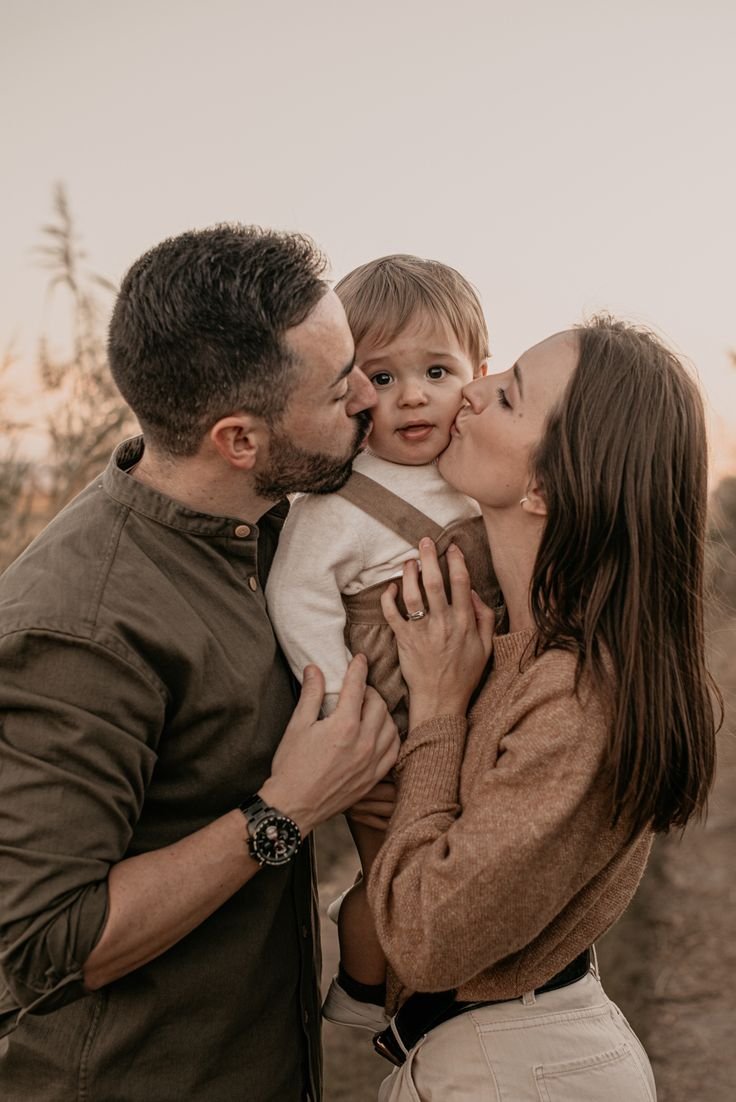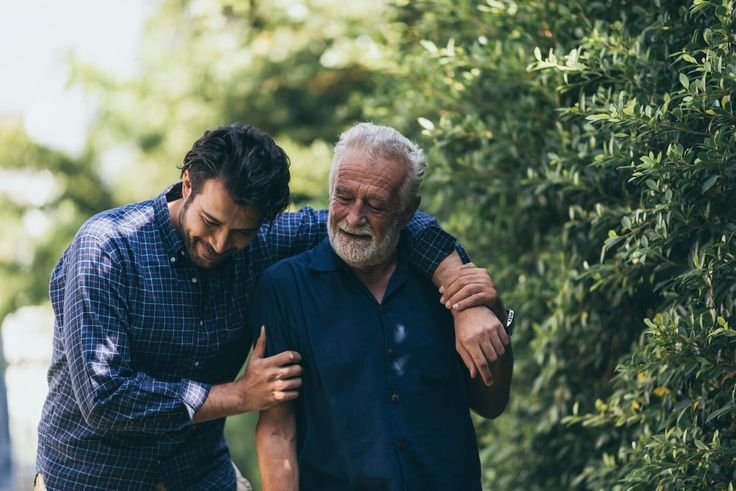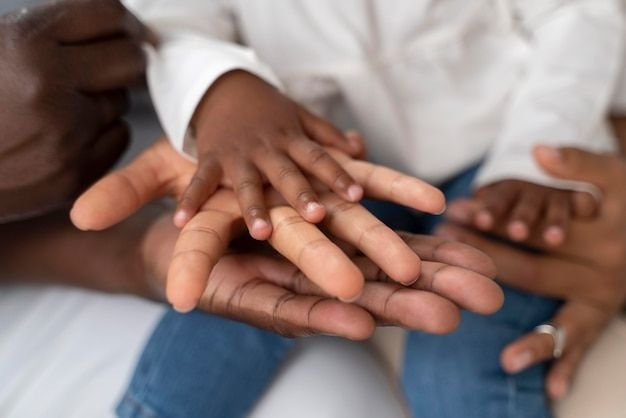When I was a child, I remember saying many times: I can't wait to be grown up. I was desperate for things like crossing the streets without holding an adult's hand or being able to reach the pedals of the family car with my feet. I believed that adults were perfect beings, that they knew everything and achieved everything they set out to do without any difficulty. I share this reflection because I want to know if I'm not the only one who has been shocked by the collision with reality. I'm 23 years old, the rest of the people I live with are over 50 years old, and sometimes I find myself directing my mom and dad as if they were my children and I were their father. Telling them that we need to economize our expenses, that we must make an effort to make the most of our time, or explaining certain social dynamics that I assumed they would master better than me.
This is something I still haven't been able to adapt to. As I mentioned at the beginning of my reflection, my subconscious was not prepared for this scenario, but rather expected that I would be the one the older ones would bombard with their more logical and supposedly correct ideas. This phenomenon has not only happened to me within my home, but also at school and in society in general. I have to resign myself to the fact that the people I believed to be perfectly perfect as a child are people who have fears, dependencies, and insecurities. Based on this, I have developed the hypothesis that the line between children and adults is very thin, even though there are phrases or customs that indicate otherwise. Here in Cuba, we have sayings like: When adults speak, children remain silent or He who lies down with children ends up fucked. I honestly believe that adults are like children but with responsibilities and that we hide our weaknesses.
From the bottom of my heart, I hope that most kids see their closest adults the way I once saw mine, as a refuge in the face of the slightest adversity or as an encyclopedia to turn to for curiosity. If children see us that way, it is because adults have put our traumas on the back burner and show them our strongest side. As they grow up, they will understand, just like I did, that we are not made of stone and we are not machines; every adult has their weak point, their struggle, and their personal suffering.
Cuando era niño recuerdo que decía muchas veces: tengo ganas de ser grande. Estaba desesperado por cosas como cruzar las calles sin tener que darle la mano a un adulto o por que mis pies llegaran a los pedales del carro de la familia. Creía que los adultos eran seres perfectos, que todo lo sabían y que lograban todo lo que se proponían sin ninguna dificultad. Comparto esta reflexión porque quisiera saber si no soy el único que el choque con la realidad ha dejado impactado. Tengo 23 años, el resto de las personas con las que convivo tienen más de 50 años y en ocasiones me descubro encaminando a mi mamá y mi papá como si ellos fueran mis hijos y yo su padre. Diciéndoles de debemos economizar nuestros gastos, que debemos esforzarnos por aprovechar el tiempo o explicándoles determinadas dinámicas sociales que yo suponía que ellos dominaran mejor que yo.
Esto es algo a lo que aun no me he logrado adaptar. Como decía al comienzo de mi reflexión, mi subconsciente no estaba preparado para este escenario, sino que esperaba que fuera yo la persona a la que los más viejos iban a bombardear con sus ideas más lógicas y supuestamente correctas. Este fenómeno no me ha pasado solamente dentro de mi casa, sino también en la escuela y en la sociedad en general. Debo resignarme a que las personas que de niño creí perfectamente perfectas son personas que tienen miedos, dependencias e inseguridades. Basandome en esto he elaborado la hipótesis de que la línea que divide a los niños de los adultos es muy fina, aunque existan frases o costumbres que hacen notar lo contrario. Aquí en Cuba tenemos dichos como: Cuando los mayores hablan los niños se callan o El que se acuesta con niños termina cagao. Sinceramente creo que los adultos somos como niños pero con responsabilidades y que escondemos nuestras debilidades.
De corazón deseo que la mayoría de los chicos miren a sus adultos más cercanos como yo un día vi a los míos, como refugio ante la más mínima adversidad o como enciclopedia a la que acudir ante la curiosidad. Si se logra que los niños nos vean así, se debe a que los adultos dejamos nuestros traumas en un segundo plano y les mostremos a los infantes nuestro lado más fuerte. En la medida en que vayan creciendo irán comprendiendo, como mismo comprendí yo, que no somos de piedra ni somos máquinas, cada adulto tiene su punto débil, su lucha y su sufrimiento personal.
Translated and formatted with Hive Translator by @noakmilo.


